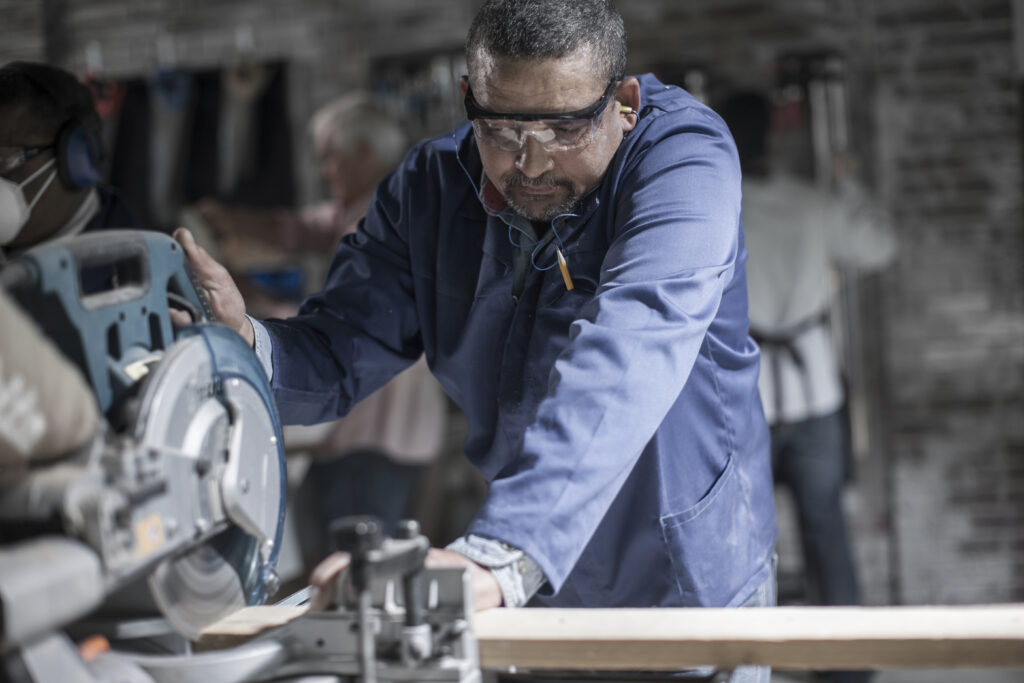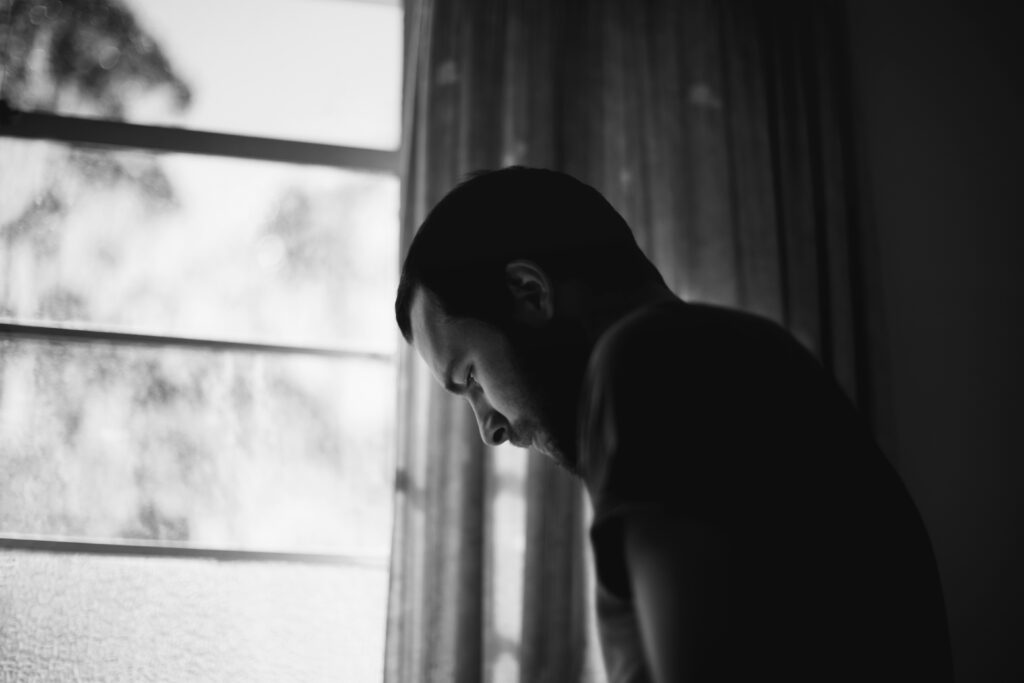Completing a Partial Hospitalization Program (PHP) or Intensive Outpatient Program (IOP) is a major milestone in recovery. For many, it’s the first time they’ve experienced sustained sobriety, emotional clarity, and a sense of hope for the future. At Etowah Recovery Center, we know that while finishing PHP or IOP is worth celebrating, it’s not the end of the road, it’s the beginning of a new chapter.
The question becomes: What’s next?
The Real Work Begins After Treatment
While PHP and IOP provide structure, support, and clinical guidance, life after treatment is where real-life recovery is put into practice. Without daily check-ins and group therapy sessions, it’s up to each individual to take what they’ve learned and apply it in the “real world.” That can be intimidating—but it’s also where growth truly happens.
To stay on the path of recovery, three pillars become crucial: 12-step recovery, building a supportive network, and finding passion and purpose in sobriety.
The Power of 12-Step Programs
One of the most time-tested resources for long-term recovery is the 12-step model, found in programs like Alcoholics Anonymous (AA) and Narcotics Anonymous (NA). These fellowships provide:
- Accountability: Regular meetings keep recovery front-of-mind.
- Structure: The 12 steps offer a roadmap for personal growth, healing, and connection with a higher power.
- Support: You’ll find people who understand where you’ve been and are committed to walking beside you.
Working the steps with a sponsor and staying active in meetings helps to maintain humility, gratitude, and emotional sobriety, especially when the pink cloud wears off and life’s challenges start to re-emerge.
Building a Recovery Network
Recovery doesn’t happen in isolation. One of the biggest predictors of long-term success is the strength of your support system.
After treatment, it’s essential to:
- Stay connected to people who support your sobriety.
- Avoid toxic relationships that could lead to relapse.
- Form new bonds with sober friends, mentors, and recovery allies.
Whether it’s a home group, a sponsor, or a recovery-focused community, being surrounded by people who share your values can make all the difference.
At Etowah Recovery Center, we encourage alumni to stay connected with us, join alumni events, and lean into the recovery community around them. No one has to do this alone.
Finding Passion and Purpose in Sobriety
Once the fog of addiction lifts, there’s a whole world waiting to be rediscovered. Sobriety isn’t just about staying away from substances, it’s about creating a life that feels worth living.
Ask yourself:
- What makes me feel alive?
- What have I always wanted to try but never did?
- What kind of person do I want to be?
Whether it’s fitness, music, art, helping others, or going back to school, finding things that light you up is key to building a meaningful, sustainable life in recovery. These passions help fill the time and emotional space that addiction once occupied.
Final Thoughts
Life after PHP or IOP isn’t always easy, but it is worth it. With the support of 12-step programs, a strong network, and a passion-filled life, long-term sobriety becomes not only possible but deeply fulfilling.
At Etowah Recovery Center, we’re here to support you every step of the way, even after formal treatment ends. Recovery is a lifelong journey, and we believe in your ability to live it fully.
If you or someone you know is transitioning out of PHP or IOP and wondering what’s next, reach out. You’re not alone, and the best is yet to come.





